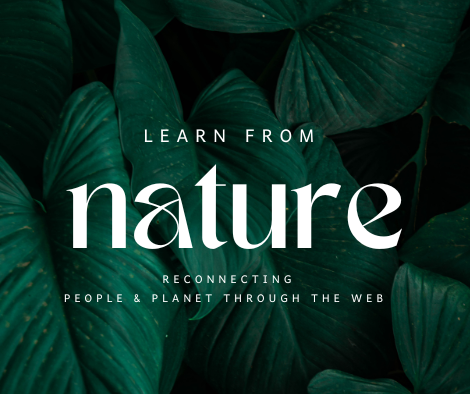The young birder and environmental campaigner Mya-Rose Craig – a friend of this blog – believes the coronavirus lockdown has had a positive impact on the environment. “Wildlife has been doing much better, as it is less disturbed by people, traffic and dogs. We are listening, noticing and looking much more,” she says. “Hopefully, people will continue to do these things now lockdown is easing, which can only benefit nature and our health.” ( source : The Guardian)

“The highlights have been seeing 11 red kites above a field, a cuckoo calling from the woods above our house, and a red-necked phalarope at Chew Valley Lake, the first time that one has been seen there,” she says.
But Craig is not just a birdwatcher: she’s also an activist, running nature camps for teenagers to introduce them to the natural world. With RSPB sites beginning to reopen, Craig is passionate that wildlife and nature should play a vital role in the nation’s mental health as lockdown eases.
Young people from a black, Asian and minority-ethnic background are much less likely to live in rural areas, or have access to urban green spaces. And studies show that Covid-19 affects their mental health more than their white counterparts. Craig, who is part-Bangladeshi, is angry, though not surprised, at the disproportionate impact of Covid-19 on non-white people, especially those of Bangladeshi heritage who have been dying at twice the rate of white people. “I think it is hugely worrying,” she says. “As a family, we have decided to carry on staying at home and my gran is going to carry on totally shielding.”

